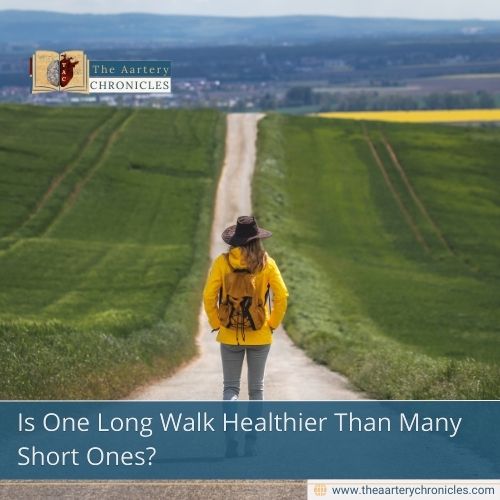

Study Reveals Sleep Time Is Not One-Size-Fits-All
We’ve all heard it: “Get 8 hours of sleep for good health.” But a new international study from the University of British Columbia (UBC) is turning that advice on its head. According to the research, how much sleep you need may not be the same for everyone. In fact, what counts as “healthy sleep” may depend on where you live.
Researchers found that people across different countries sleep for very different amounts of time, and surprisingly, those who sleep less aren’t necessarily less healthy.
How Much Do People Sleep Around the World?
Here’s a quick look at average sleep times in a few countries from the study:
- Japan: 6 hours 18 minutes
- France: 7 hours 52 minutes
- Canada: 7 hours 27 minutes
Even though people in Japan sleep much less than those in France, the study found no major differences in health related to sleep length alone.
Sleep That Fits Your Culture May Be Best
The main takeaway? The healthiest people in each country were the ones whose sleep habits matched the cultural average, whether that was 6 hours or 8.
“There is no single magic number for sleep that works for everyone,” says Dr. Steven Heine, one of the researchers behind the study.
So instead of aiming for a universal number, it may be better to sleep in a way that’s typical where you live.
Most of Us Still Don’t Sleep Enough
Interestingly, the study also showed that people in all 20 countries were sleeping about an hour less than their cultural average. Busy lifestyles, late-night screen time, and work stress are cutting into our rest, no matter where we are in the world.
Why Comparing Your Sleep to Others Might Be Misleading
If you live in Tokyo, it’s normal to get less sleep than someone in Toronto. That doesn’t mean you’re doing something wrong. According to the researchers, comparing yourself to sleep standards from other cultures may do more harm than good.
“The right amount of sleep is often the one that fits naturally within your daily life and local culture,” explains Dr. Christine Ou, the lead author of the study.
Sleep Is Not Just Biological—It’s Cultural
This research highlights something important: sleep habits are shaped by more than biology. They reflect your country’s work hours, social values, family life, and more. What’s normal in one country may feel unnatural in another.
What You Can Do
- Don’t obsess over 8 hours if it doesn’t feel right for you.
- Focus on what feels restful and consistent within your lifestyle.
- Avoid comparing your sleep to others, especially in different countries or cultures.
- Try to get close to your country’s average, if possible—that may be your healthiest target.
Conclusion
Rather than following a one-size-fits-all rule, this study encourages us to think about sleep in a more personal and cultural context. If your sleep pattern feels natural and aligns with your local lifestyle, you may already be doing just fine.
So next time you worry about whether you’re getting enough rest, ask yourself this:
Am I sleeping in tune with my life and surroundings? That may be the healthiest question of all.
Source: Inputs from various media Sources

Priya Bairagi
Reviewed by Dr Aarti Nehra (MBBS, MMST)
I’m a pharmacist with a strong background in health sciences. I hold a BSc from Delhi University and a pharmacy degree from PDM University. I write articles and daily health news while interviewing doctors to bring you the latest insights. In my free time, you’ll find me at the gym or lost in a sci-fi novel.








